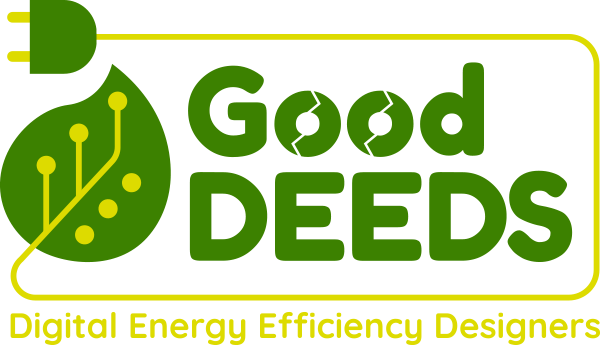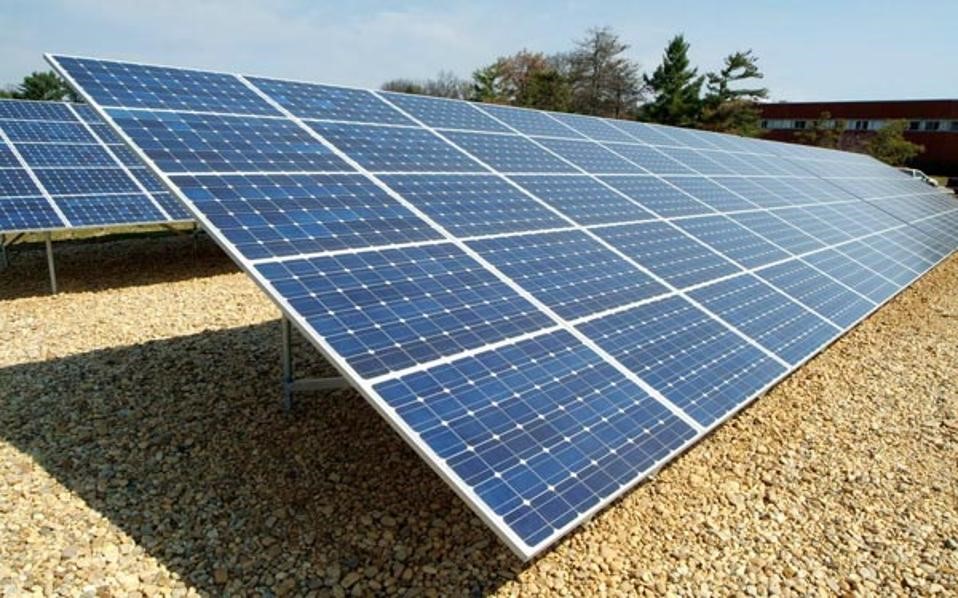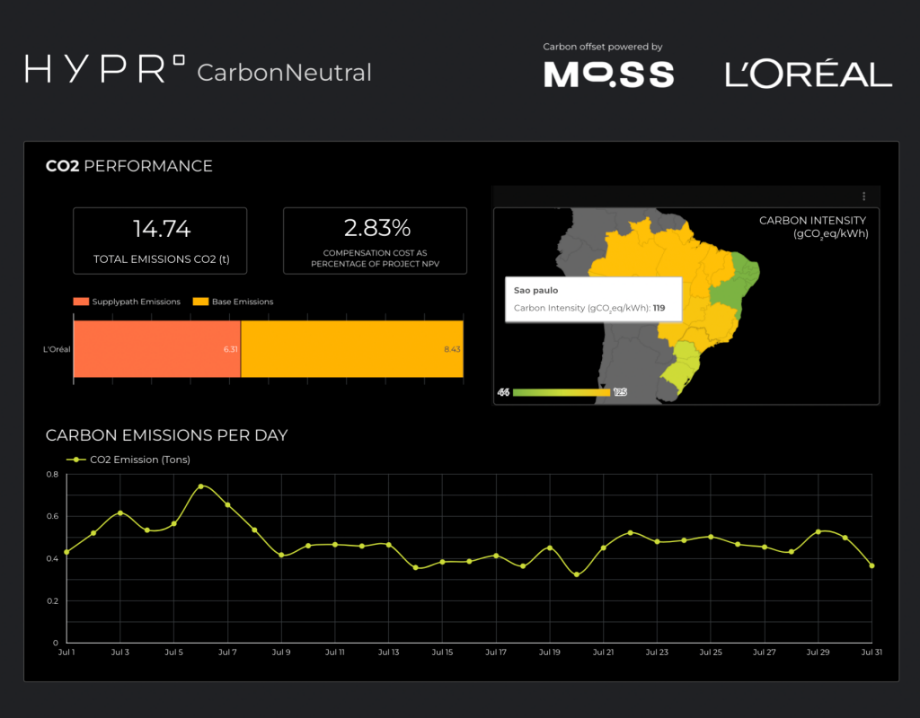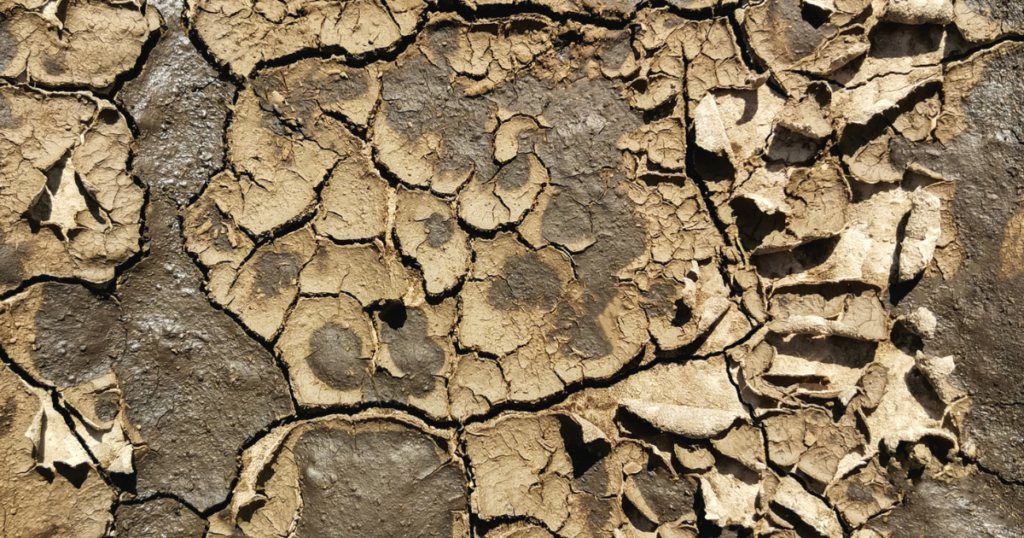Latvia along with other EU countries aims to achieve the targets set by the European Green Deal and transform the economic life in order to live more environmentally friendly in the next decades.
At the national level, the preconditions for the development of the circular economy are marked by a long-term development planning document Sustainable Development Strategy of Latvia until 2030, which among other priority directions states striving towards an innovative and eco-efficient economy, foreseeing an increased usage of renewable energy and balanced management of natural values. Also, Latvian environmental policy guidelines from 2021 to 2027 emphasize the promotion of environmental sustainability and reducing environmental and climate pressures related to production and consumption, in particular in the fields of energy, industrial development, buildings and infrastructure, mobility and food systems. The document foresees the inclusion of the content about the circular economy in school curricula, in-service training and lifelong learning programmes and running public awareness-raising activities to influence consumption and behaviour patterns, as well as to provide advisory services and information measures for the improvement of the circular economy skills and launch of specific projects in various economic sectors.
Since 2012 environmental awareness as a requirement for becoming a skilled professional has been mainstreamed into the Latvian VET system in the form of ‘Green skills’ module. In light of the current EU priorities, the content of the ‘Green skills’ module was updated in 2020 and since 2021, it has been included as a separate module, under lifelong learning competences or integrated into professional competence modules.
All VET schools in Latvia have released the Development and investment strategy for 2021-2027, which includes their vision, commitments and action steps towards the digital and green transition. The focus is set on integration of elements of green thinking into overall school operations and the promotion of the school’s community involvement in climate change activities.
For example, Kuldiga Technology and tourism technical school plan to update the learning outcomes of the ‘Green skills’ module on energy efficiency, smart technologies and the principles of zero waste. The school has purchased an electric car for the acquisition of environmentally friendly technologies and the road transport education program was supplemented with an optional module for the acquisition of the skills of a hybrid transport and e-transport mechanic.
Improvements aimed at promoting the concept of ‘Green School’ in vocational education are planned also in the learning environment and infrastructure by investing in solutions that are based on environmental sustainability, such as waste-free construction and the use of the latest environmental resource technologies. Recognizing that vocational education and training is undoubtedly the most appropriate place for the acquisition of the skills needed for the digital and green transitions in a wide range of professions, the support for the training of professionals for the green economy has been provided both on Latvia’s policy agenda and on the strategic planning level in the VET sector.



